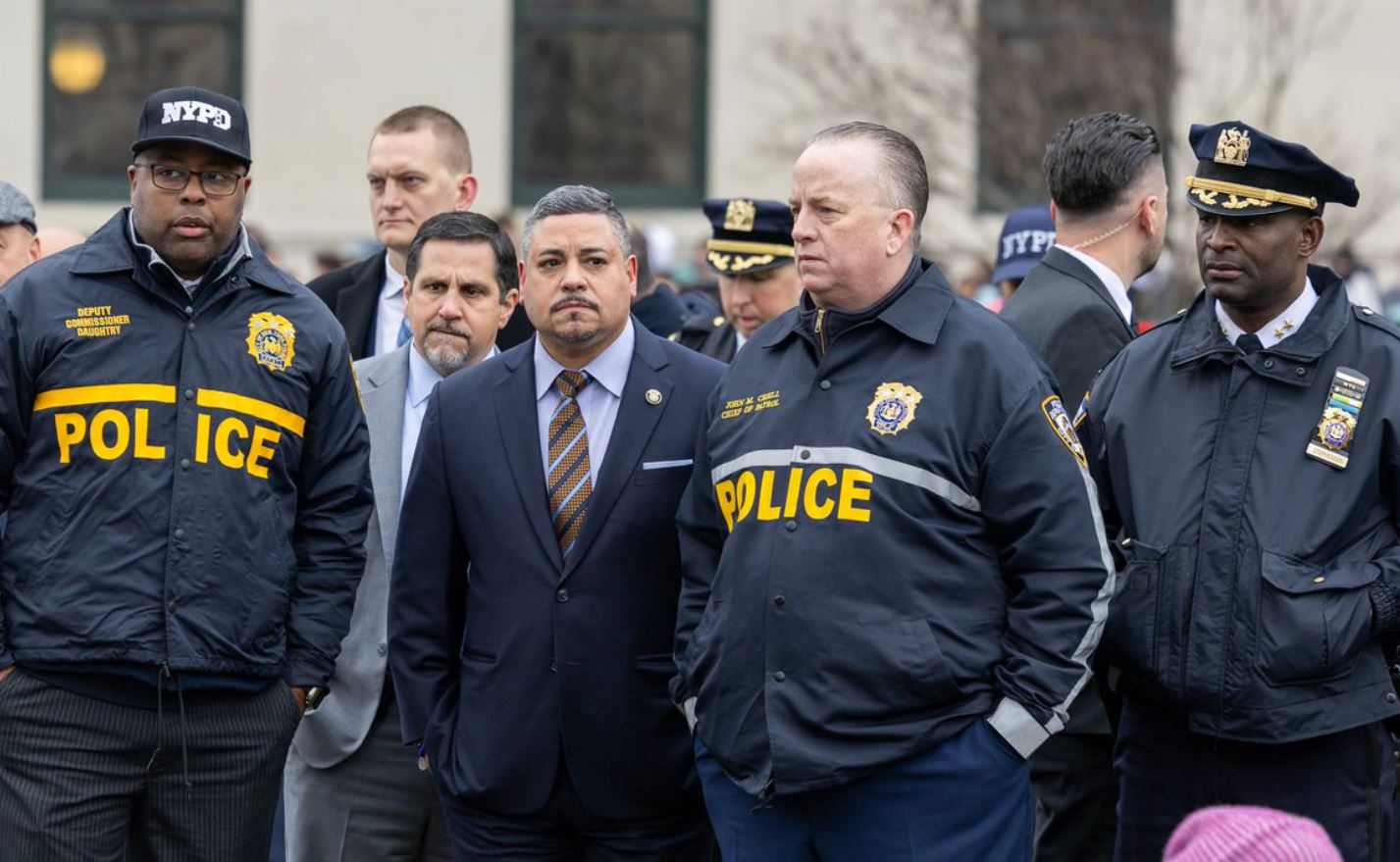Federal regulators responded Wednesday to a deadly derailment that they blamed on an engineer's sleepiness by calling for better training for doctors to identify and treat sleep disorders.
The National Transportation Safety Board concluded last month that a Dec. 1 Metro-North Railroad derailment that killed four people in the Bronx happened when the engineer fell asleep at the controls. It said his fatigue was caused by obstructive sleep apnea, which he did not know he had.
In a new report proposing conclusions and recommendations following five Metro-North accidents, the NTSB staff suggests that the board reach out to the American College of Physicians and the American Association of Family Physicians. The board is expected to vote on the report later Wednesday.
Two proposed recommendations ask the doctors to enhance training so physicians can better "identify the risk factors for, evaluate and effectively treat obstructive sleep apnea."
Apnea robs sufferers of rest because they are repeatedly awakened as their airway closes and their breathing stops. Loud snoring is a symptom and apnea is more common in those who are overweight. A common treatment is using a mask and hose to push a steady flow of air pressure into a person's airway during sleep.
The NTSB reported in April that although engineer William Rockefeller had never been diagnosed, tests after the accident showed the disorder interrupted his sleep dozens of times each night. Investigators said Rockefeller told them he had felt strangely "dazed" right before the crash, which occurred as he sped through a curve at 82 mph.
Many of the other proposed recommendations also involve sleep disorders. They include that Metro-North and the Long Island Rail Road should routinely screen "safety-sensitive" employees for sleep disorders and other railroads and rail unions should develop a model labor agreement that supports such screening.
Local
Metro-North President Joseph Giulietti said last month that the railroad has already begun a test project on engineer sleep apnea that will be expanded.
Other recommendations in Wednesday's report ask Metro-North to improve communication among its various divisions and to implement a "non-punitive safety reporting system" so employees feel free to report problems.
Giulietti said in a statement issued Wednesday that the railroad has taken action on each of the NTSB recommendations.
"We will continue to work on improvements, such as installing cameras on trains, fatigue management programs, and vastly improved track inspections," he said.



